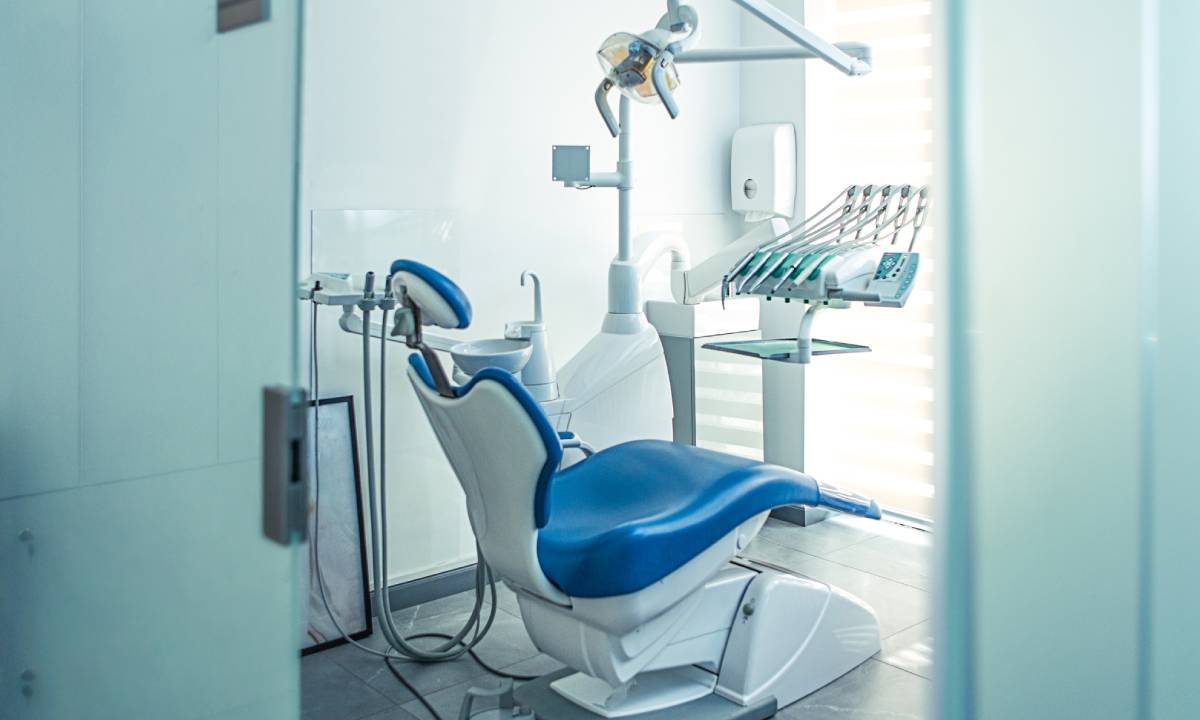If it sometimes feels as if there’s a dental clinic on every corner, there’s a reason for that. “There’s been a saturation of dentists for more than two decades,” says Dr. Sean Robertson, a dentist and partner with The Dental Broker Team in Burlington, Ont. “The number of dentists is growing faster than the general population.”
This means that for young people in the profession, it may make more sense to buy an existing dental practice rather than building their own from scratch.
Getting cash flow right from the start
Opening your own practice from scratch also likely means you’ll have to begin by finding the clientele to build your practice. This can mean that your billings will be lower overall until you’ve grown your business. “It’s hard to grow a practice and make an income at the same time,” says Dr. Robertson, adding that young dentists establishing a practice often underestimate how long it takes to grow the practice into a viable business.
If you buy a practice with a healthy clientele already, it can help you with cash flow right from the start.
However, finding and buying a dental practice that’s for sale can be competitive by itself, and there are many other factors that can affect the business’s success. As a dentist, here are some key factors to consider when thinking about buying your own practice.
1. Know your strengths
It’s important to know what skills you can bring to the clinic, says Robertson. “For example, if you’re looking at a practice that’s heavily focused on areas you may not have the clinical skills — like orthodontics or endodontics — you’ve got to look at how that’s going to impact revenue,” he explains.
On the other hand, your specialized skills may provide opportunities if the practice currently has to refer patients to other clinics for services you are able to offer. “That’s an immediate opportunity for revenue recapture and a patient base that’s already there,” says Dr. Robertson.
2. Be realistic about what you can handle
Many dentists don’t realize the practice management side of running an office — the business and human resource elements that you’ll need. “There’s a lot we don’t learn in dental school,” says Robertson.
Even compared to a few years ago, “the amount of human relations and everyday challenges dentists face is only getting higher and higher,” says Dr. Robertson. “You need the right technology and automation in your practice, and you need the right practice management support – meaning an office manager or a third-party practice management company,” he explains.
Ask yourself, “Does the clinic you’re looking at have all this in place, or will you have to be setting it up?”
“A dentist who needs to do six or eight hours of HR management, that’s six or eight hours that they are no longer productive, and they’re actually trying to learn a skill while executing it,” says Dr. Robertson.
3. Location, location, location
When you’re considering purchasing a practice, it’s important to consider the benefits and downsides of possible practice locations. For example, you may want to live and work in Southern Ontario, but “there’s going to be an aggressive price paid on a practice,” says Dr. Robertson.
On the other hand, if you’re willing to move to a more remote area, this can be a great business opportunity as patients are in need of health care in many remote communities.
“When you get out of urban centres, the saturation of dentists decreases,” explains Dr. Robertson. Of course, the population also decreases. However, the fee guide—meaning the amount you can charge for services—will be the same regardless of where you are in the province. This means “if you’re practicing in downtown Toronto and your rent is $15,000 a month, you’re going to bill the same for a procedure as you would be in Fort Francis, Ont., where your rent might be $1,500 a month.”
4. Have a good relationship with a lender
Finally, the market for dental practices is competitive, and having the ability to quickly act will be key. If you’re going to buy a practice, you’ll need a reliable lender at the ready. “You should be building a relationship with a lender who specializes in healthcare with a major Canadian bank,” says Dr. Robertson. A good lender will be able to give you sound financial advice and also help you with the funding you need to make a purchase.
Then, when a dental practice comes up that you’re interested in, you’ll be ready to act.
Tip: If you need help to assess your current financial situation and advice on financial solutions, talk to one of our dedicated RBC Healthcare Specialists.
Similar stories:
- Starting Your Own Practice: 5 Questions to ask yourself
- Should You Incorporate Your Practice? Understand Your Options
This article is intended as general information only and is not to be relied upon as constituting legal, financial or other professional advice. A professional advisor should be consulted regarding your specific situation. Information presented is believed to be factual and up-to-date but we do not guarantee its accuracy and it should not be regarded as a complete analysis of the subjects discussed. All expressions of opinion reflect the judgment of the authors as of the date of publication and are subject to change. No endorsement of any third parties or their advice, opinions, information, products or services is expressly given or implied by Royal Bank of Canada or any of its affiliates.



















